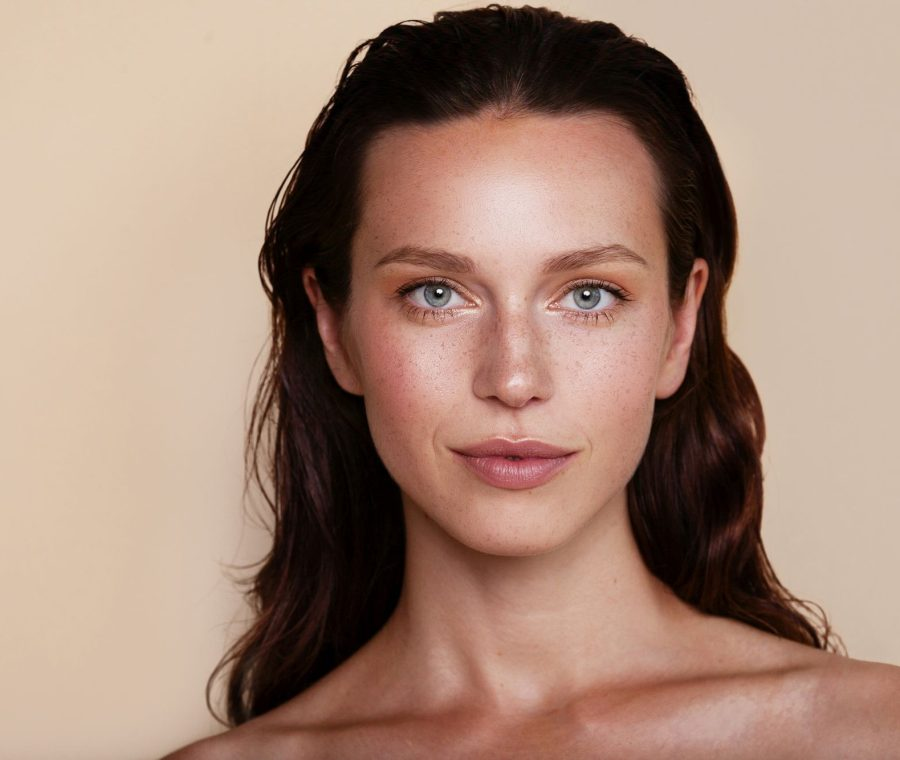Resurfacing

Resurfacing
Facial resurfacing with erbium YAG laser is a viable alternative to Botox or lifting. It offers very good results and is considered to be non-invasive and fully safe. Our patients appreciate that it generates zero downtime, so they can go home right after the procedure.
Is this procedure
for me?
Laser face resurfacing is recommended especially for skin laxity. It also gets rid of the problem of dull and earthy skin that has lost its glow. If you suffer from acne scars, hyperpigmentation, surgical scars, as well as folds and wrinkles, it is the right option for you.
Resurfacing involves the removal of top skin layer using Alma Harmony XL PRO laser. It emits many microscopic beams which heat up the skin. Wherever the laser beam reaches the skin, it causes the epidermis and part of the dermis to evaporate, thus forming coagulated micro-columns, while leaving the skin between them intact and significantly accelerating healing and recovery process, and stimulating the production of elastin and collagen.
How to prepare
for the procedure?
Don’t forget to prepare for your resurfacing procedure. A month before the treatment it is necessary to stop using formulas containing retinol, isotretinoin or other vitamin A derivatives. Deep peels or microdermabrasion should also be avoided. Before the planned procedure avoid sunbathing or using cosmetics containing acids or vitamin C. A week before the procedure do not consume any preparations with St. John’s wort and marigold, avoid herbal teas.
Before the treatment the area of the skin to be treated is anaesthetized with cream under an occlusive dressing, which takes on average 40 minutes. Resurfacing is not painful, but you may feel slight burning, stinging, pinching or heat. Standard procedure time is 15 minutes up to a maximum of 45 minutes, depending on the skin surface. After the treatment a regenerating protective preparation is applied to the treated area. You can go home immediately, no follow-up is necessary.
What does the
treatment look like?
Full recovery after resurfacing takes about a week, but patients usually return to work after only 2 days. Immediately after the procedure the skin is often reddened and swollen, and small scabs may appear, but they fall off after a few days (do not scratch them). You can wear make-up a day after treatment at the earliest, and for a week you must avoid any activities that make blood rush to the skin or make it hot.
These include, among others, strenuous physical exercise, hot baths and alcohol consumption. It is advisable to use UV 50 filter for a month. Full recovery takes about a week, but you can usually return to work after just 2 days. Your skin will be reddened and swollen immediately after the treatment. Some scabs may appear later on, but they fall off after a few days, so don’t pick or scratch them. Make-up is not indicated for 24-hours after the treatment. UVF 50.
Useful information
15 – 90 minutes (depending on surface)
local
You can leave right after the treatment
Full recovery takes about a week, but you can usually return to work after just 2 days. Your skin will be reddened and swollen immediately after the treatment. Some scabs may appear later on, but they fall off after a few days, so don’t pick or scratch them. Make-up is not indicated for 24-hours after the treatment. UVF 50.
pregnancy, fresh tan, use of self-tanner, use of anticoagulants, active skin lesions, epilepsy, active cancer, implanted pacemaker, proneness to form keloids, vitiligo, skin irritation on the area to be treated, use of photosensitizers (vitamin A derivatives, tetracyclines, St. John’s wort, marigold).
